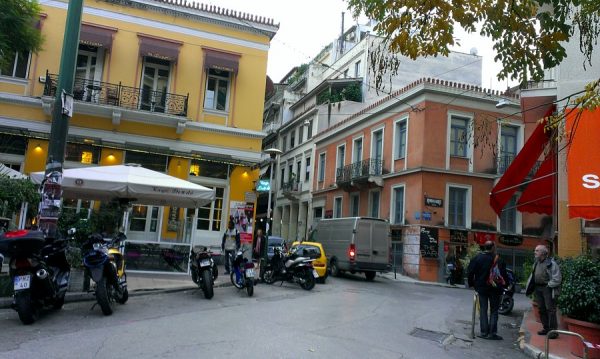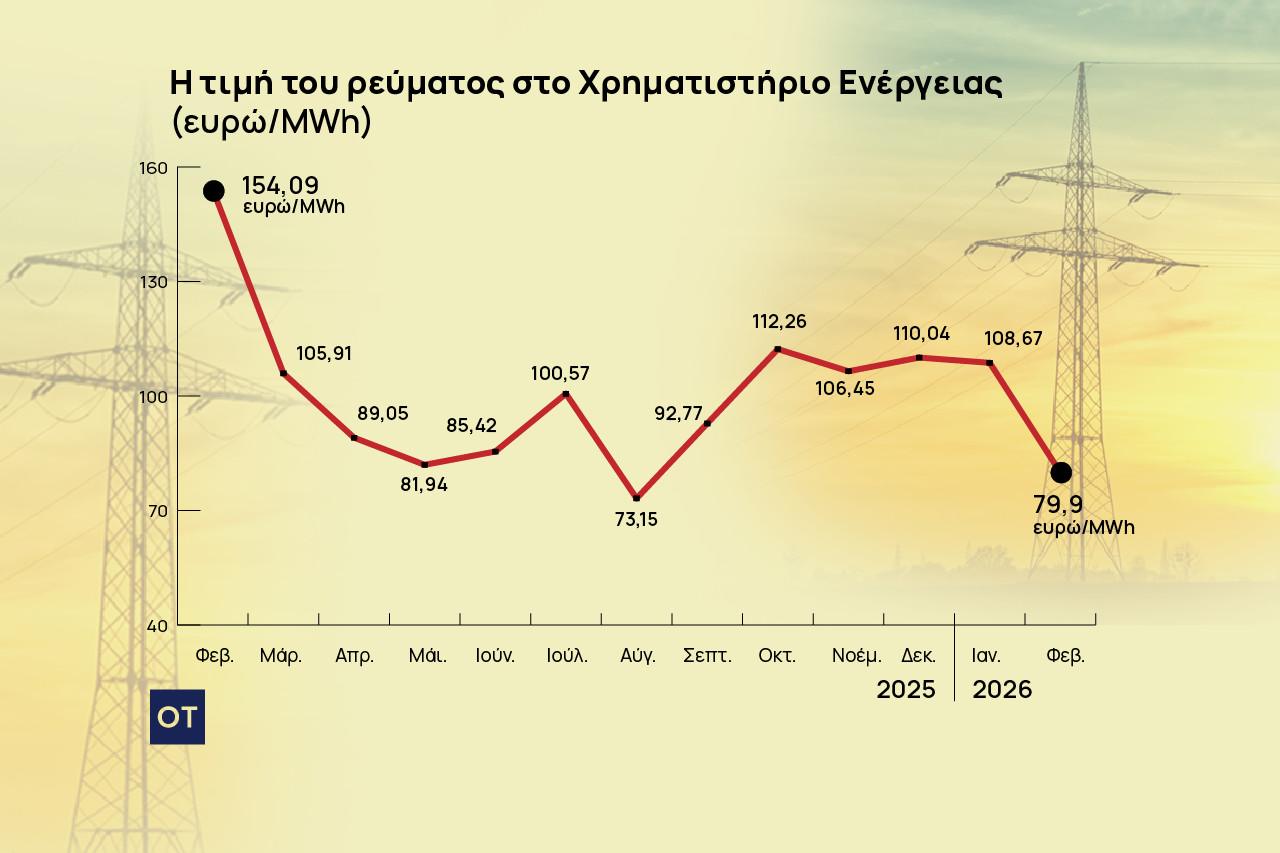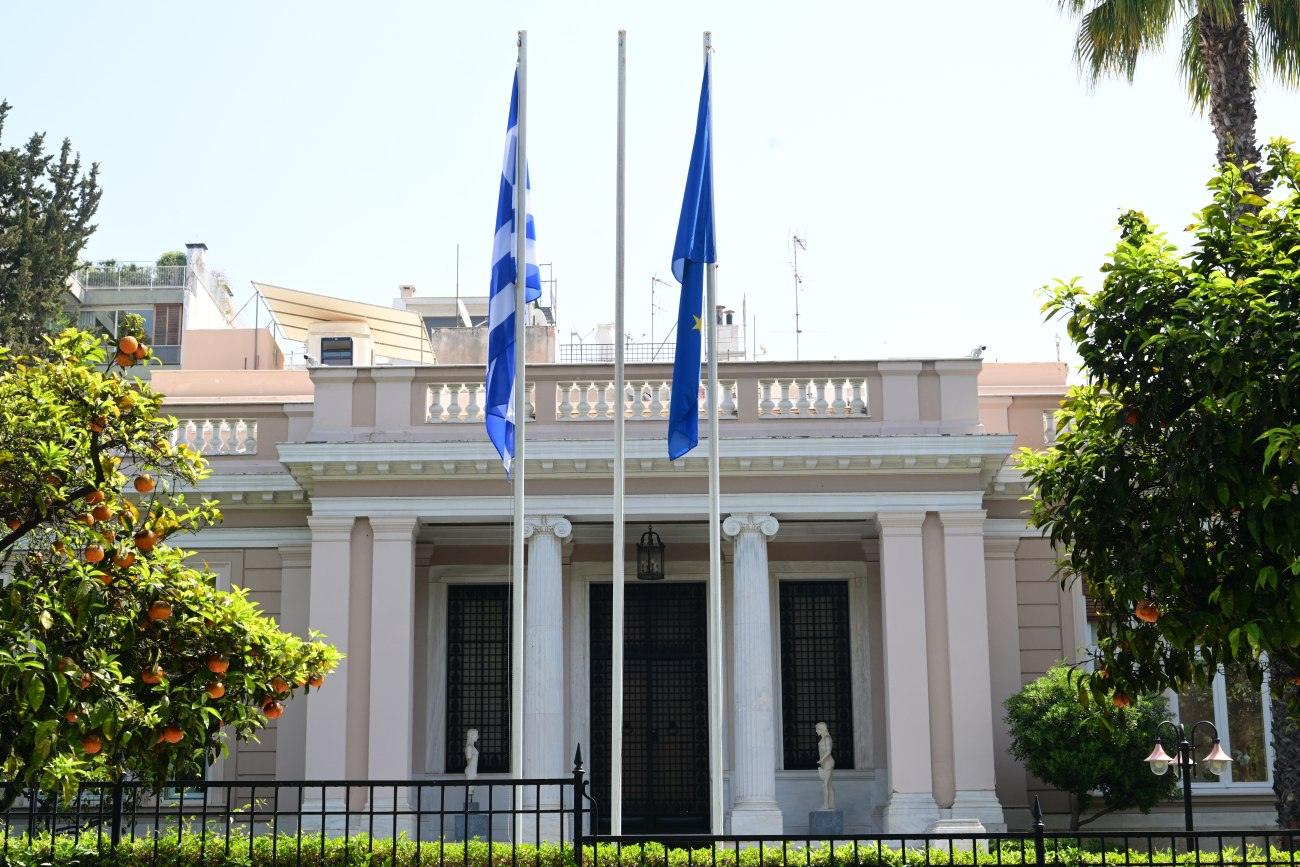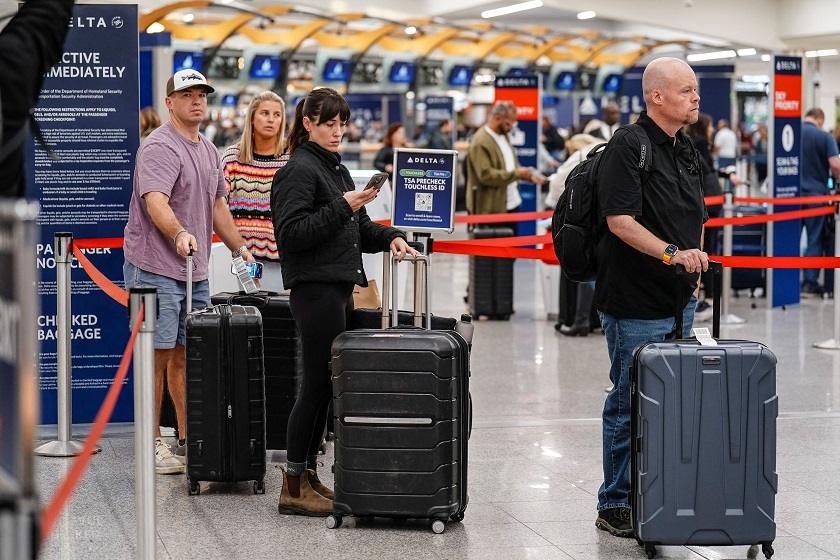When in 2007 Brian Chesky and Joe Zembia decided to provide their San Francisco living room air mattress and a simple breakfast for a fee, they could hardly believe they were laying the groundwork for a multi-billion dollar financial empire that has mutated the tourism industry but also entire megacities.
Indeed, Airbnb has found in Greece a large and profitable market thanks to a number of factors. The short-term rental of real estate has had positive and negative effects in urban centers, in tourist destinations, but also in “virgin” corners of the country. Indicative of the fertile climate – or the complete absence of regulatory rules – is that the turnover of the Airbnb economy in Greece is expected to reach 4 billion euros this year.
100,000 rooms
“During the period when Airbnb was developing rapidly, property in Greece had started to become a burden,” points out, speaking to “NEA” newspaper, Eva Papatzani, Ph.D. in Social Geography of the National Technical University of Athens and author of the book “Airbnb in the city: Opportunity or threat”.
In 2018, when the short-stay registry was created, Airbnb’s economy was estimated at €180 million. “In 2022, turnover had risen to 3.3 billion euros, while this year it is expected to reach 4 billion euros,” says Andreas Chiou, president of the Panhellenic Association of Property Managers (PASYDA), which represents 6,500 property owners and management companies operating on said platforms. It is noted that this amount includes activities such as building renovations and cleaning.
On Airbnb it is estimated that around 100,000 rooms, apartments and houses are available throughout Greece. The center of Athens alone has 12,345 listings on the platform, according to the Inside Airbnb website that tracks the Airbnb phenomenon worldwide. In Thessaloniki, the registrations amount to 3,717, in Crete we find 25,425 registrations in total, while in the South Aegean Region, with the Cyclades islands prominent, the number jumps to 32,186.
The case of Athens
While the platform’s growth in seaside tourist destinations is impressive, it is the capital city that is at the center of the controversy surrounding Airbnb. The expansion of short-term rentals in the city center has created for many the fear of skyrocketing rents and the alienation of the city’s identity.
“A historical asset of Athens that positively distinguishes it from other European cities is the mix of functions and activities of the city, which is also reflected in its population: We have mixed neighborhoods, where no specific groups dominate. There is no zoning, but a diversity that includes the permanent resident, the immigrant, the tourist” describes Eva Papatzani and warns: “Through the processes that brought Airbnb and the general increase in real estate investments on speculative terms, it seems that this characteris being threatened”.
Indeed, in specific – central – neighborhoods of the capital, with the most typical example being Koukaki, the presence of Airbnb has become more than noticeable, as a result of which many permanent residents leave their neighborhoods, either by putting their apartments on the platforms and renting other properties , or by selling them – often to short-term rental companies.
In Koukaki we find 1,072 Airbnb listings, based on Inside Airbnb data. Of these, the 492 available rooms/apartments are granted by individuals with 1-3 listings on the platform, while the remaining 580 are granted by users with 4 or more listings, obviously referring to companies.
The historic center (commercial triangle – Plaka) is, unsurprisingly, the area with the most listings on the platform, with 2,317. 765 of them are declared by managers with 1-3 properties, while the rest (1,552) are available from natural or legal persons with 4 or more listings on the platform. In fact, 816 admins have at least 10 listings each.

Exarchia and Neos Kosmos
Many listings also appear in the wider area of Exarchia with 928 (of which half are allegedly managed by private individuals and the other half by companies), Neos Kosmos with 911 (507 by private individuals, 404 by companies), Metaxourgeio and Platia Vathi with 794 (371 from individuals, 423 from companies) and Attiki Square, which is included with Agios Panteleimonas, with 561 entries (half from individuals, the other half from companies).
“The areas where the phenomenon is developing most rapidly are the tourist neighborhoods that are close to attractions, but also neighborhoods that are not so touristy, but are close to metro stations,” continues Ms. Papatzani. “The Airbnb economy is not only the companies that manage the properties, it is also a series of services that accompany and serve the needs of Airbnb – e.g. laundromats or stores that offer luggage storage’.
Important objections are also raised, however, in relation to the role played by property management companies and the possibility that they can regulate market prices – both in short-term and long-term leases. The president of PASYDA answers: “Companies now manage about 60% of the homes on the short-term rental platforms. However, they do not regulate the real estate market, the market regulates itself on the platform. A short-term rental property works if it has good reviews. If it’s too expensive, the visitor won’t choose it.”
“It is not justified to say that rents have increased so much because of short-term leasing,” he adds and emphasizes that in Athens alone there are 120,000 shuttered apartments, which could be used in the context of housing policy.
Besides, according to Andreas Chiou, “the market is still in its infancy”. As he says, only 2.1% of the houses in Athens are available for short-term rental. The corresponding percentage for Thessaloniki is slightly lower, at 1.9%, while the highest percentages in terms of the number of houses available for exploitation are recorded in Chania, Mykonos and Santorini, with 6%-7%.








































